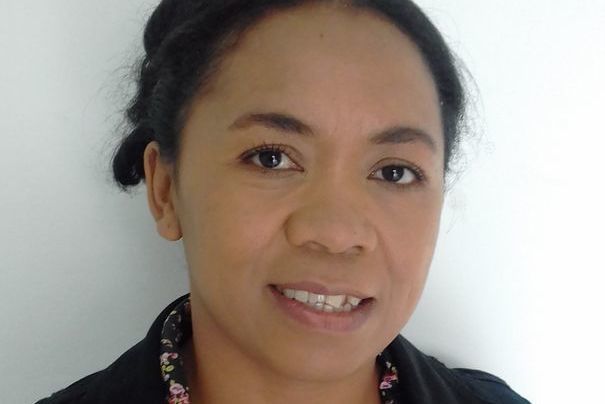The Long and Tough Path to Established Film Criticism
By Domoina Ratsarahaingotiana, Madagascar

Domoina Ratsarahaingotiana
I started getting involved in film criticism in 2010 when I participated for the first time in a film critic workshop run by professionals invited by the Malagasy Short Film Festival, ‘Rencontres du Film Court’ (RFC). Alongside people like Catherine Ruelle (RFI), Claire Diao (Awotele), Olivier Barlet (Africultures), I learnt how relevant film criticism was to the film industry.
I used to practice criticism (literature, visual art) during my French studies at the University. These inspiring writings get me motivated to become a film critic. After long years of experience and practice, I only ran my first workshop last year. At the moment, we don’t have ‘official’ and ‘acclaimed’ film critics but more and more young people are interested in becoming film critics. In Madagascar, critics have not yet this ‘power’ to make a movie’s success (or decline). It’s an emerging activity that grows with the rebirth of local cinema.
The most challenging work in the local film criticism field is now how to create a community (training issues) and how to make people more demanding (how to grow audience). Serious attention should be given to building capacity in this field. Major local newspapers begin to have interest on film industry and offer space for film reviews during special venue like film festivals. My contribution in the pan-African film critic magazine, “Awotele”, has been a great opportunity for me to talk about emerging Malagasy filmmakers and their work and allowed me to find out the African continent’s cinematic potential. “Awotele” is an independent magazine and it focuses on African productions. Efforts to spread it continent-wide are expected to grow visibility of African films and give film critics from the continent a place to evolve.
Regarding filmmaking, Madagascar is facing many problematic situations mainly the lack of formal training evidenced by quickly made and poor quality films from video phenomenon produced in the early 2000s and the failure of a new generation to develop film scripts and evolve complex narratives. In addition to individual efforts, initiatives like professional workshops in the frame of film festivals contribute to close this gap of skills.
Capacity building has been the real focus over the last ten years for the Short Film Festival (RFC) established in 2005, which has done relevant work with qualitative training programmes. The next years will be about improving aesthetic and cinematic language and finding indigenous narratives. Over the last years, some young Malagasy filmmakers are behind thrilling stories acclaimed in international festivals putting the country on the film map.

